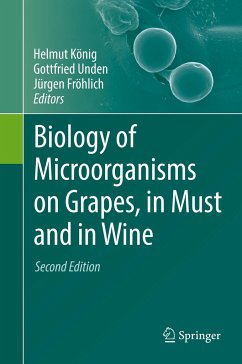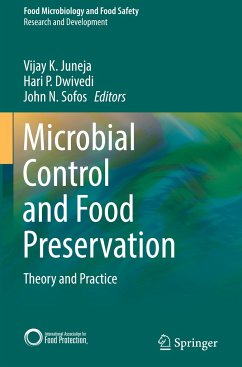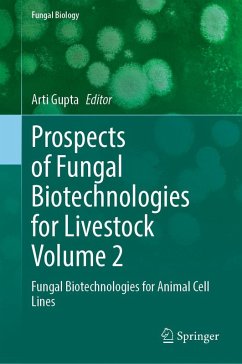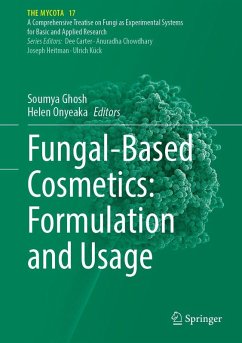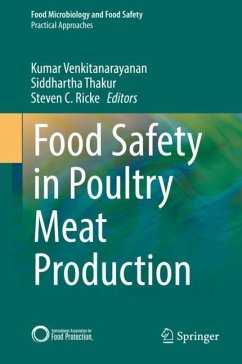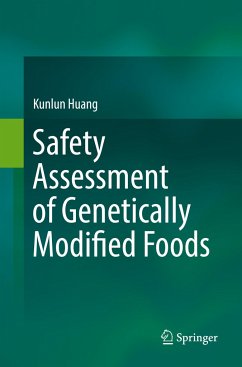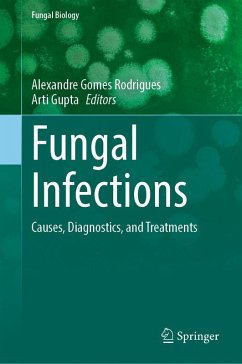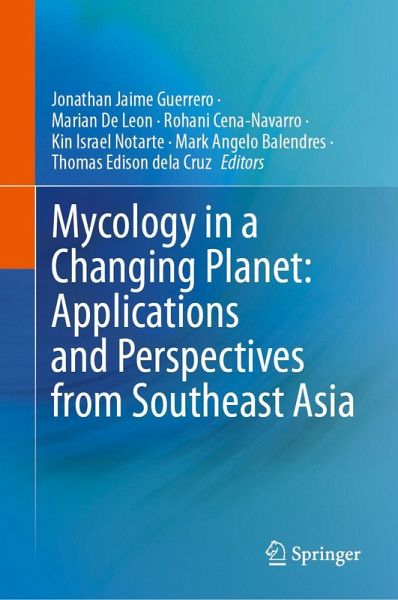
Mycology in a Changing Planet: Applications and Perspectives from Southeast Asia

PAYBACK Punkte
68 °P sammeln!
This book provides a comprehensive examination of the diverse applications and challenges of fungi, particularly in the context of Southeast Asia. It addresses two pivotal questions: How are fungi contributing to global betterment, and what challenges do they pose to our planet? By addressing these questions, the book underscores the dual role of fungi as agents of progress and sources of concern.By integrating indigenous knowledge with contemporary scientific research, the book offers a unique perspective on the role of fungi in medicine, agriculture, food science and biodiversity conservatio...
This book provides a comprehensive examination of the diverse applications and challenges of fungi, particularly in the context of Southeast Asia. It addresses two pivotal questions: How are fungi contributing to global betterment, and what challenges do they pose to our planet? By addressing these questions, the book underscores the dual role of fungi as agents of progress and sources of concern.
By integrating indigenous knowledge with contemporary scientific research, the book offers a unique perspective on the role of fungi in medicine, agriculture, food science and biodiversity conservation. The chapters include the discovery of bioactive metabolites from marine-derived fungi, the epidemiology and diagnostics of endemic mycoses, and the innovative applications of mycological nanotechnology. In agriculture, the book examines how fungi can enhance crop protection and yield, addressing food security challenges in a region heavily dependent on agriculture. Additionally, it investigates biosafety and biosecurity issues, both in laboratory settings and in broader societal contexts. Particular attention is given to the impact of climate change on fungal diversity and the role of fungi in maintaining sustainable ecosystems. The book also addresses critical questions about the socio-economic implications of fungal biotechnology and its potential to drive innovation in medicine and agriculture.
This volume is an invaluable resource for researchers, academics, and students in mycology, biotechnology, and environmental science. It is also relevant for policymakers and industry professionals interested in the applications of fungal research.
By integrating indigenous knowledge with contemporary scientific research, the book offers a unique perspective on the role of fungi in medicine, agriculture, food science and biodiversity conservation. The chapters include the discovery of bioactive metabolites from marine-derived fungi, the epidemiology and diagnostics of endemic mycoses, and the innovative applications of mycological nanotechnology. In agriculture, the book examines how fungi can enhance crop protection and yield, addressing food security challenges in a region heavily dependent on agriculture. Additionally, it investigates biosafety and biosecurity issues, both in laboratory settings and in broader societal contexts. Particular attention is given to the impact of climate change on fungal diversity and the role of fungi in maintaining sustainable ecosystems. The book also addresses critical questions about the socio-economic implications of fungal biotechnology and its potential to drive innovation in medicine and agriculture.
This volume is an invaluable resource for researchers, academics, and students in mycology, biotechnology, and environmental science. It is also relevant for policymakers and industry professionals interested in the applications of fungal research.




